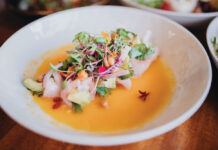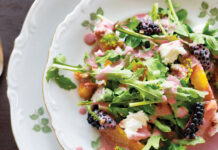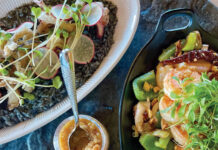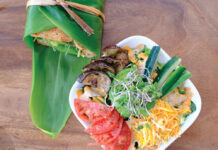Story by Shannon Wianecki
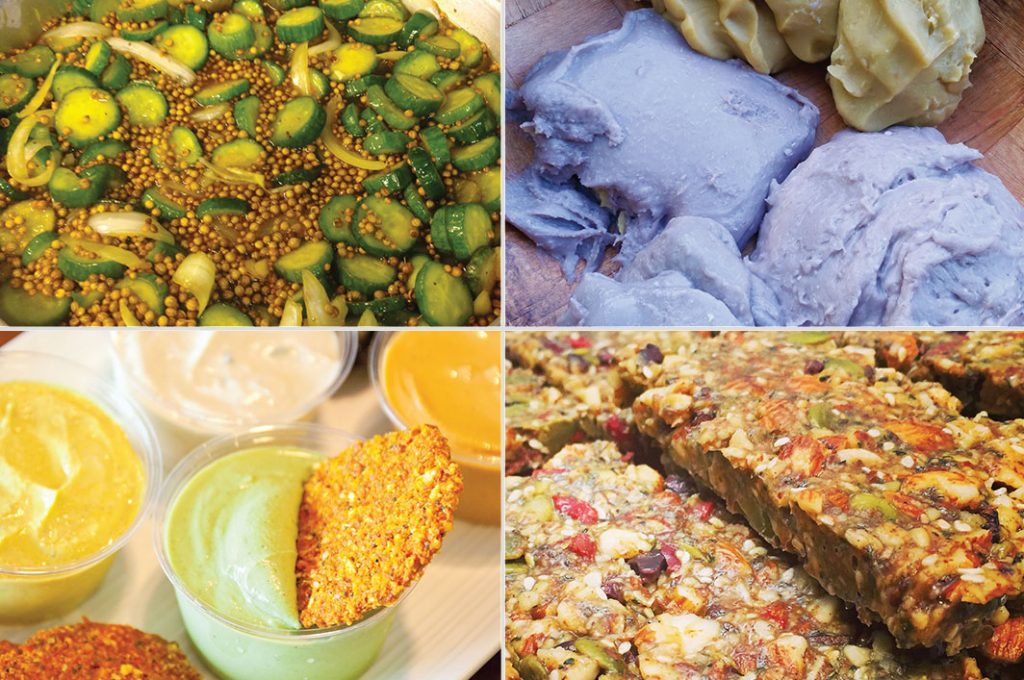
Jen Fordyce teaches high school English and moonlights as a pickle maker. She collects bushels of Maui-grown cucumbers, cuts them into thick slices, and brines them with her secret recipes to produce crunchy, savory snacks. Her startup company, Waikapū Pickles, has a sassy motto: “Pickles for the People.” But getting her pickles into people’s hands requires considerable business savvy. So, last spring, Fordyce signed up for the Maui Food Innovation Center’s accelerator program.
Accelerators, startups, innovation . . . aren’t these tech industry terms? Yes, and the forward-thinking faculty at the University of Hawai‘i–Maui College is bringing them to the kitchen table. Launched in January 2016, the Maui Accelerator Program (MAP) is the cutting edge of the college’s Food Innovation Center. “Conversations around innovation typically don’t include food,” says coordinator Chris Speere. “But food innovation can impact us all on a daily basis. It has tangible results.”
Tangible and tasty. Fordyce says that she enjoyed great gourmet pickles in New England, but after moving to Maui, “I didn’t find any pickles beside the green fluorescent kind.” She teamed with farmer Mahie Atay to make their own, teasing the flavors out of local ingredients. “We’d been in business a year and were ready to think about how to grow,” says Fordyce. But the leap from the farmer’s market to grocery shelves is a big one. Small-business owners can get stymied trying to navigate new regulations or source affordable equipment — particularly challenging in Hawai‘i, where shipping often costs more than the product itself. Fordyce and Atay pack their pickles in glass jars, which are expensive to import and frequently arrive broken.
“Those larger systemic issues are what MAP is poised to tackle,” says Speere. His team can help coordinate shipments with other island companies that need glass bottles or jars, reducing everyone’s costs. They can recommend alternative packaging, such as pouches or buckets for wholesale clients. “You could spend hours online trying to find a certain type of equipment or package,” says Speere. “Or you can come to us. We’ll search our extensive data base or put it out to our network of food experts.”


